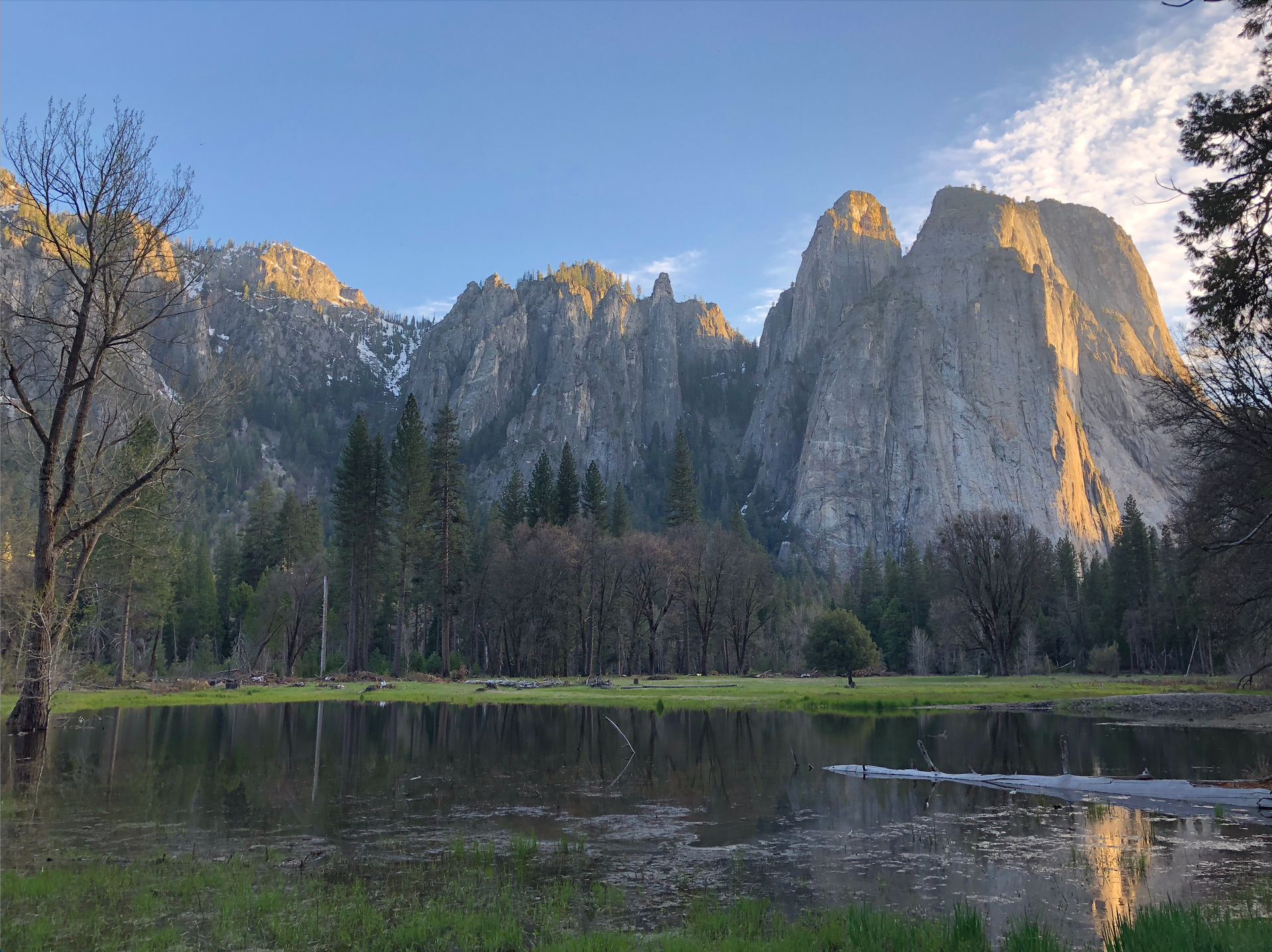An exploration of the Concept-of-Self with locus of control

All Rights Reserved | photo by Heather Frost
How much does what we believe about the source of control influence how we feel and think about our lives? Where do we spend our energy and effort? How do we interpret events and experiences? How much weight do we attribute to our own actions? Consider major world events like war, the climate crisis, and systemic discrimination. Now move your mind to country level politics and then to company or institution level decisions and culture. Let’s zoom in to your family and upbringing, to your day-to-day, your key relationships and then moment to moment experience. How much are we shaping or are shaped by our experience? What control do we really have?
Identifying the source of control is highly subjective
We often treat the source of control as a fact: you either have it or you don’t. However, if I told you the pivotal moments and decisions in my life, your take on what was within my control compared to luck or the influence of others may differ from mine. We hear of people taking life by the horns, certain that they are the writers of their own story. They made it happen. At the other end of the spectrum, the same life lived by another could be put down to chance, or powerful people, both good and bad. The systems, cultures, legacies, stories, spiritual or religious beliefs that we live within can influence this too. We don’t control where we are born in the world or who to. At what age or stage does the “agent” start truly controlling who they are and what they do?
Where is control located?
You may be familiar with Locus of Control, a psychological construct which groups control into internal and external sources:
- Internal source of control (my life is determined by my own actions)
- External source of control through powerful others (I feel like what happens in my life is mostly determined by powerful people),
- External source of control through chance or luck (I have often found that what is going to happen will happen).
Awareness of these sources of control may be useful to consider in reflecting on your own choices and experiences. However, things get messy when we start to bring in thought: the subjectivity of experience, perception, and belief. What happens when you believe you have control but don’t?
How you understand the self can influence your perception of control
In a previous article (link in comments) I described the Concept-of-Self: an individual and subjective way of understanding who we are or how we would answer the question “what is a self” or “what is the self”. Through my research I found we understand the self on a spectrum based on three factors:
- Stability of Self; the past “you”, present “you”, and future “you” are the same, compared to the belief that the self is an illusion or something we construct like a process (which is not the same over time)
- Thoughts of Self; you are the same as your thoughts (they are part of your core self), compared to the belief that the self is an illusion or thoughts are not a representation of “you”
- Unity of Self; there is one integrated, united, and true “you” compared to the belief that you have multiple and distinct selves which co-exist
Findings from my research indicate that individuals who understand their thoughts as pure expressions of “being” me (high Thoughts-of-Self) are more likely to believe they have high internal control. That’s a good thing, right? It depends on whether the feeling of control bears out in reality. Even in circumstances where we feel most in control there are interdependencies and influences from others. This is the subjective judgement I described above.
"How much are we shaping or are shaped by our experience?"
Consider something as simple as our thoughts which influence our actions, are we in control of those? Given we don’t choose our next thought, they can tumble out unbidden and most of our unconscious cognition we don’t access, the notion that we control our thinking becomes flawed. If decisions can be made before we are consciously aware of them (and they can), how are we in control? Also, would we want every thought to be a pure expression of “me” if we could capture them all? Imagine a transcript of your every thought for a day. Are they gems of pure expression, contain a load of rubbish and reactions, feel like a lunatic is following you around for the day filling your head with monkey chatter or simply something to notice? You won’t find me volunteering to share mine!
Thoughts and the feelings of control are often the most difficult thing to let go of in mindfulness, the basic premise is you are not your thoughts. If you find the idea of freedom from the curse of thinking liberating, testing the link between the self and thoughts may be helpful. On the flip-side, many may find comfort in belief of high internal control and “my thoughts are me”. Whether illusory or not, living a life where thoughts and the self are intertwined (where you are the curator and creator of your life in full control) is clearly a compelling proposition. We don’t need to look further than LinkedIn or the sizeable self-help section on Amazon to see that at least in the west, this idea dominates. However, what happens when an individual who has high perceived internal control and is guided by their thoughts gets stuck? What if their subjective beliefs about the situation are wrong? What frustrations, ruminations and feelings of guilt will they have when they can’t get what they seek, yet believe they can or should? How will they question the utility of their thoughts? Where can a more nuanced and reasoned understanding of agency be helpful to people rather than what we see in the realms of popular thought leadership what is possible to control or change?
The study also found that high beliefs in internal control was associated with belief “the same me” (Stability-of-Self) exists over time. The idea that who we are now is the same as who we are in the future is therefore linked with belief the source of control is within the individual. The enduring “stable” self over time is therefore associated with belief in ownership of actions. Individuals with this belief may be more inclined to think they have more power to shape what happens in their life, which may or may not be true. Defining truth or what is true comes with its own challenges too! If we could begin with this understanding of subjective nature of belief, at the very least we can be more tolerant during disagreements, with alternative perspectives and understanding why we do what we do. True for me is not the same as true.
Self-awareness and questioning your assumptions help reveal what you control, influence or should accept.
This exploration of the Concept-of-Self and the subjective nature of beliefs and control may leave you feeling energised with possibilities or confused with all the uncertainty. We can take heart in the idea that the more we know ourselves, the more we are aware of what shapes our thinking, feelings, emotions, and experiences. Then, we are closer to recognising what beliefs or assumptions govern our lives: being aware is the first step. Simply notice when you make “choices” how much influence you have over the thoughts and emotions which arise within you. Then, are you adapting your efforts and behaviour appropriately to things you can control, compared to what you can only influence or should redirect your efforts to accept? How can you know if you’re stuck in your own echo chamber and have lost perspective? What are your illusions and how do you hold a mirror to them? Coaching can help you create space between thoughts, emotions, feelings, and behaviour. The experience of coaching can reveal blockers on your beliefs in agency and limiting assumptions, examine the utility of your thinking, and help you operate closer to what is true or real. It is hard to observe ourselves through our own lens. After all, we cannot see through, only with the self. The body content of your post goes here. To edit this text, click on it and delete this default text and start typing your own or paste your own from a different source.


